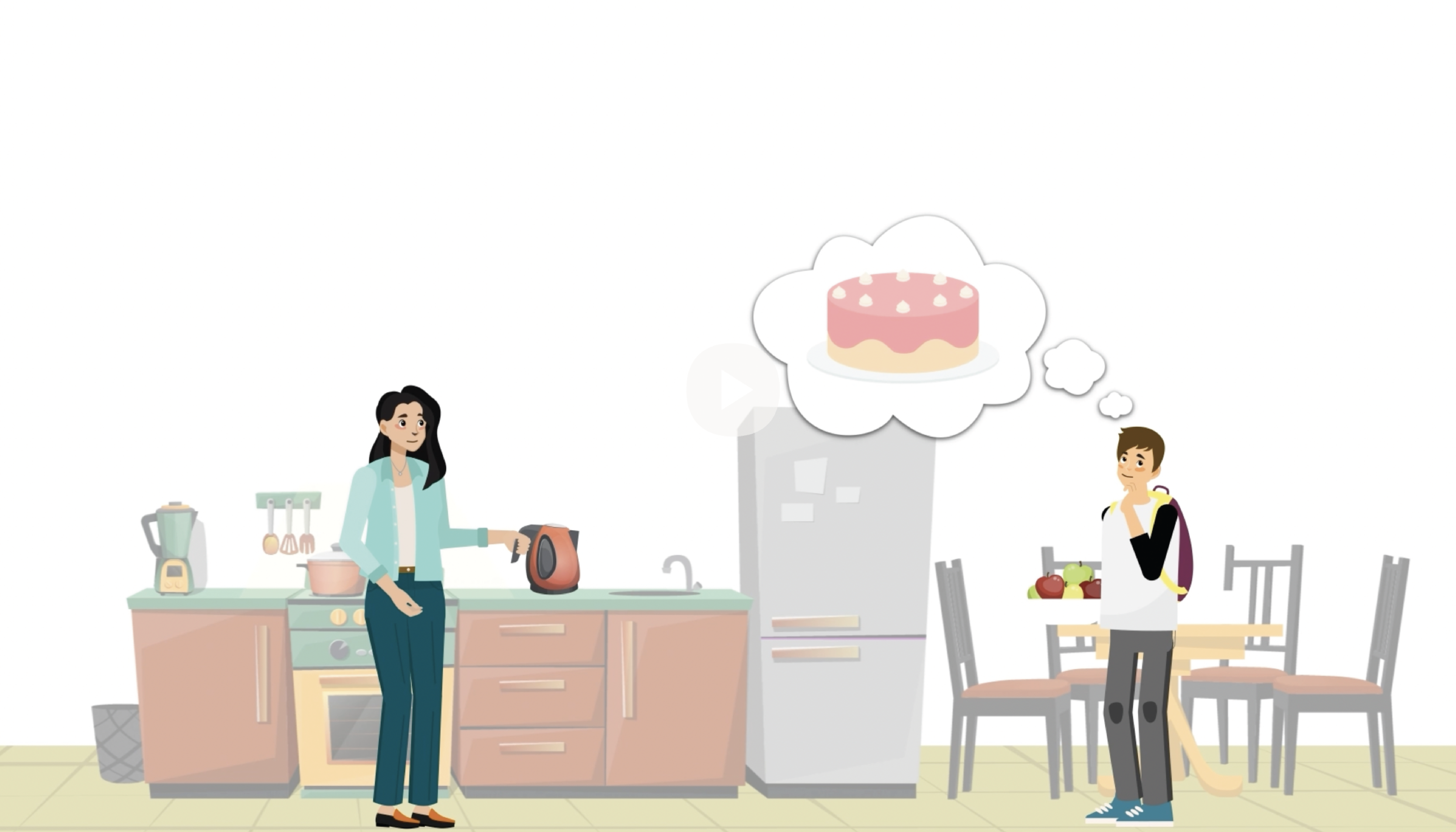
Every day, we are faced with numerous choices and decisions. Some are simple, like choosing what to eat for breakfast, while others are more significant. As educators, it’s essential to teach our students the importance of being their own decision makers and taking responsibility for their choices and their outcomes. This blog post will discuss an engaging no-prep activity, thought-provoking discussion questions, and related skills to help elementary students practice being responsible decision makers.
No-Prep Activity: The Decision Tree
The Decision Tree is a fun and interactive activity that requires no preparation or materials. Ask your students to form a circle, and choose one student to be the “decision maker.” The decision maker will stand in the center of the circle and present a scenario to the other students. For example, “I found a wallet on the playground. What should I do?”
The students in the circle will take turns offering different choices to the decision maker, who will then consider the potential outcomes of each option. After the decision maker has heard all suggestions, they will choose the option they think is best, explaining their reasoning. The activity continues with a new decision maker and scenario. This activity encourages students to think critically about their choices and the potential consequences of their decisions.
Discussion Questions
- Why is it important to take responsibility for our choices and their outcomes?
- How can we avoid making decisions based on peer pressure?
- What are some strategies we can use to think through our decisions before making them?
- Can you think of a time when you made a decision that had a negative outcome? What did you learn from that experience?
- How can we support our friends in making their own decisions and taking responsibility for their choices?
Related Skills
Being a responsible decision maker is just one aspect of Social-Emotional Learning. Here are some other relevant skills for students to develop:
- Problem-solving: Learning to identify and work through challenges in a constructive manner.
- Empathy: Understanding and sharing the feelings of others, which can help in making considerate decisions.
- Self-awareness: Recognizing one’s emotions, strengths, and weaknesses, which can influence the decision-making process.
- Resilience: Developing the ability to bounce back from setbacks and learn from mistakes.
- Communication: Effectively expressing thoughts and feelings, and listening to others, which can contribute to informed decision making.
Next Steps
Now that you have some ideas on how to help your students become responsible decision makers, why not explore more resources and activities? Sign up for free samples of skill-based materials and other resources at Everyday Speech. These materials are designed to support educators in teaching Social-Emotional Learning skills to their students, empowering them to make responsible decisions and navigate the complexities of life with confidence.

